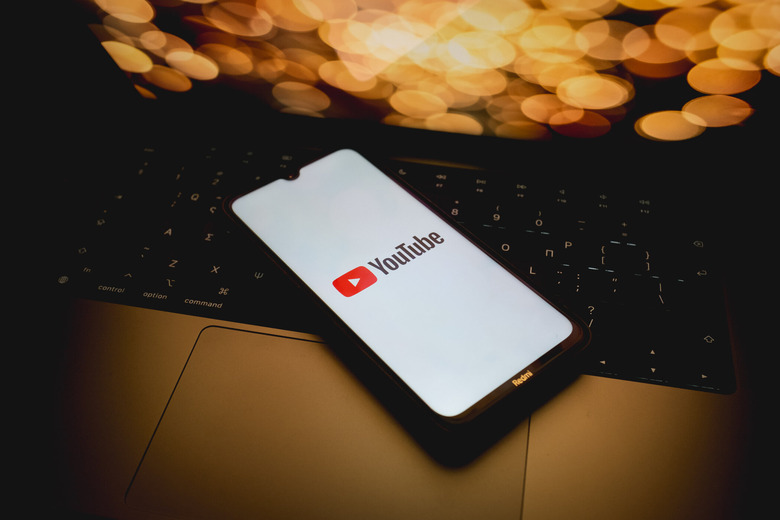YouTube Launches Its Own Version Of X/Twitter Community Notes
Finally, a Google-owned company is stealing something worthwhile. YouTube announced today that it's begun experimenting with its own version of Community Notes, the feature that X/Twitter pioneered whereby the user community fact-checks and brings additional context to posts.
Of course, there's not a snowball's chance in hell these YouTube notes will on the whole be unbiased, but I'm getting distracted. First, the announcement itself from YouTube begins as follows: "Starting today, we are testing an experimental feature to allow people to add notes to provide relevant, timely, and easy-to-understand context on videos.
"For example, this could include notes that clarify when a song is meant to be a parody, point out when a new version of a product being reviewed is available, or let viewers know when older footage is mistakenly portrayed as a current event."
In a sense, this is kind of an extension of existing YouTube features that add context alongside vides, such as disclosures that point out synthetic context — as well as information panels. Watch a YouTube about, say, the late Supreme Court Justice Antonin Scalia, and his Wikipedia entry appears below the video, adding context about who he was which is meant to complement whatever video you're watching.
Meanwhile, this is a Google-owned company we're talking about here. Which is to say, Google's core values are bigness, automation, and monopoly control of the company's markets — which, in turn, lets Google and its affiliated units get away with all kinds of mistakes, mediocrity, and idiotic ideology (like Google Maps not offering a "scenic route" option when doing so could bias low-income areas).
I bring that up because this is the same company that's also going to somehow bring authoritativeness and accuracy to YouTube videos. "The pilot will be available on mobile in the US and in English to start," the YouTube announcement continues. "During this test phase, we anticipate that there will be mistakes — notes that aren't a great match for the video, or potentially incorrect information — and that's part of how we'll learn from the experiment."
YouTube, you almost made me laugh.
